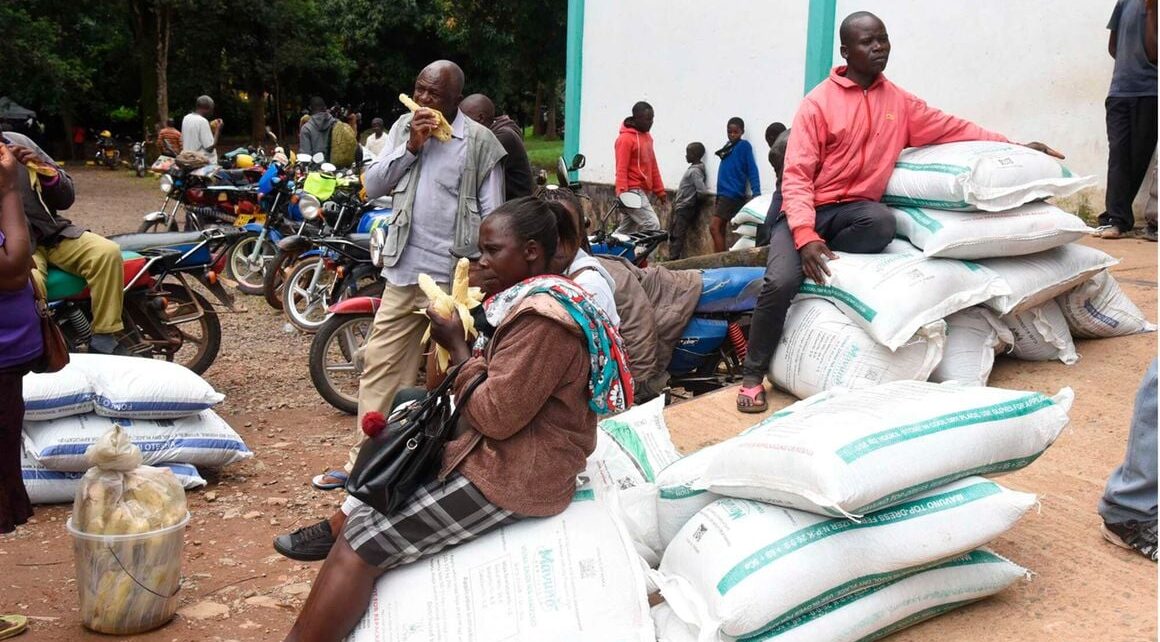A recent scandal involving substandard fertiliser in Kenya has cast a shadow over President William Ruto’s efforts to enhance the nation’s food security. Several companies contracted by the government to supply subsidised farm inputs for the ongoing planting season have been implicated.
Tests conducted by Kenya’s standards body revealed that fertilisers from at least two of these companies, distributed to farmers nationwide, failed to meet quality standards. Consequently, some officials from the Kenya Bureau of Standards (Kebs) have been suspended for granting quality certifications to the implicated firms.
The issue is currently under investigation by both Parliament and the Directorate of Criminal Investigations (DCI). This incident echoes a similar scandal in 2018 when the managing director of the standards body and nine other officials were arrested and charged with attempted murder for permitting the importation of substandard fertilisers containing harmful elements like mercury.
Fertiliser subsidy programs in Kenya have a history of being marred by procurement and regulatory fraud, owing to significant government investments. The latest initiative, initiated during the short rains in September 2022 with an initial budget of Ksh3.5 billion, aims to address food security challenges.
President Ruto, amidst accusations of escalating corruption within his administration, has vowed to prosecute those involved in the fraudulent scheme. He also demanded that suppliers compensate affected farmers.
Ruto’s presidency, inaugurated in September 2022 amid severe food shortages exacerbated by a prolonged drought and global supply disruptions, has prioritised agricultural policies to reduce reliance on food imports. Despite these efforts, Kenya’s food import bill surged by 41.25 percent during his first year in office, surpassing expenditures on machinery and other capital goods.
One of Ruto’s key agricultural policies involved the distribution of subsidised fertilisers and the lifting of a 10-year ban on genetically modified (GM) crops. However, the decision regarding GM crops faces legal challenges, while the impact of the fertiliser subsidy has been mitigated by factors such as increased tax rates and currency depreciation.
Although projections suggested an increase in maize production from 34.3 million bags in 2022 to 47.8 million bags in 2023, the actual impact of the fertiliser subsidy was undermined by rising agricultural commodity prices. For instance, the retail price of white maize surged by 43.9 percent between 2021-2022 and 2023.
The recent revelation of a fake fertiliser scandal poses a significant threat to President Ruto’s agricultural agenda, creating panic among farmers during a crucial planting season coinciding with the current long rains.



